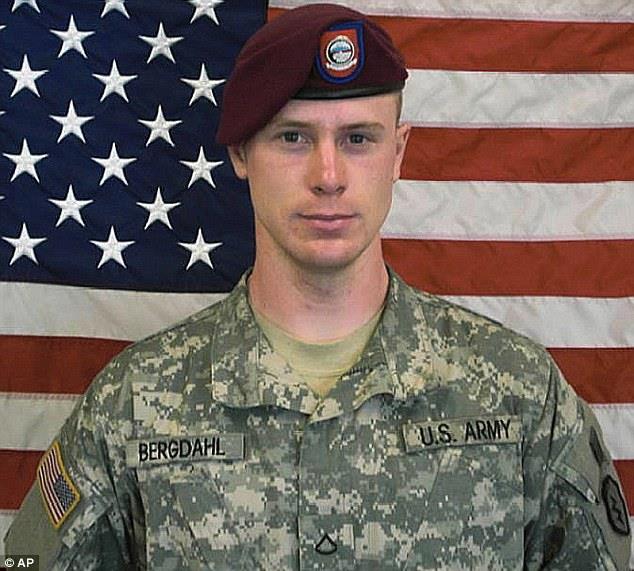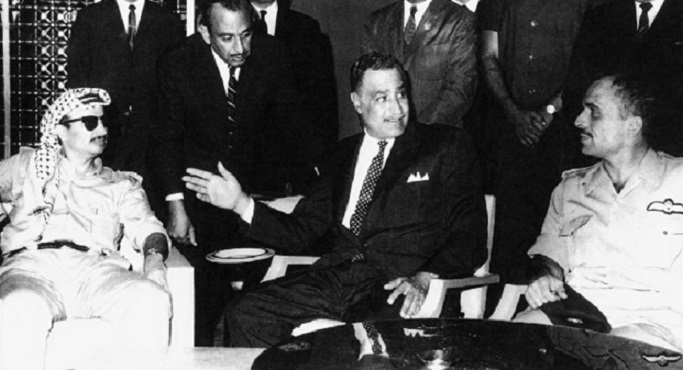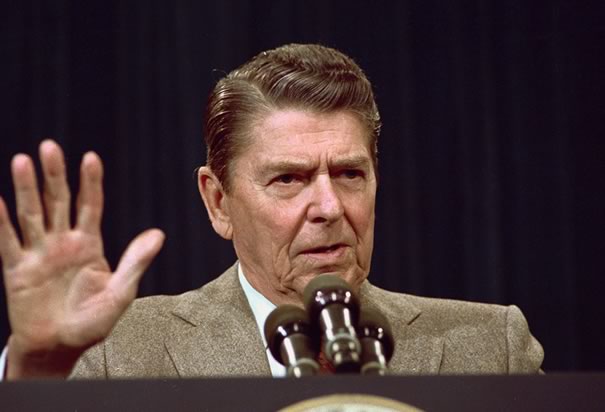Yesterday the United States government announced its opposition to paying ransom to Nigeria’s Boko Haram, which is designated by the U.S. as a terrorist organization, in exchange for the release of the 200 kidnapped Nigerian schoolgirls. White House press secretary Jay Carney cited the U.S. policy against paying off kidnappers in hostage situations, which the U.S. believes encourages future kidnappings, stating:
“We, as a matter of policy, deny kidnappers the benefits of their criminal acts, and that includes ransoms or other concessions.”
The announcement rings ironic considering that the U.S. has as history of violating its own policy against negotiating with kidnappers, which are often considered terrorists according to the FBI’s definition. Multiple times over the past few decades the U.S. government has bought off kidnappers in hostage situations, although direct negotiations generally occur only when a U.S. (rather than Nigerian) citizen is involved. Some groups such as the Taliban also fit the FBI’s definition of what constitutes a terrorist group but they have not been defined as such so as to allow the U.S. to negotiate without seemly violating its own policy.
Although the international community has yet to establish a formal definition of terrorism (thanks to the gridlock disagreement over whether or not to include self-determination and liberation movements), the FBI defines terrorism as acts that “Appear to be intended (i) to intimidate or coerce a civilian population; (ii) to influence the policy of a government by intimidation or coercion; or (iii) to affect the conduct of a government by mass destruction, assassination, or kidnapping”.
Here are a few examples of recent incidences in which the U.S. government has negotiated with groups listed as U.S. designated terrorist organizations or fell within its definition:
1. Hostage exchange with the Haqanni group, Taliban (Afghanistan) – 2013

The Haqanni group is a U.S. designated terrorist group associated with the Taliban network in Afghanistan and a staunch protector of al-Qaeda’s interests along the Pakistani border region. Over the past decade, the group has been blamed for multiple attacks on civilian targets including the U.S. embassy in Kabul. In 2009, members of the group abducted U.S. army sergeant Bowe Bergdahl and demanded the release of Taliban prisoners in exchange for Bergdahl’s safe return.
In 2013, U.S. officials told the Washington Post that the U.S. government would be holding discussions with the Taliban about a trade involving the release of five Taliban prisoners held at Guantanamo Bay in exchange for Sgt. Bergdahl’s freedom. Negotiators were in the midst of arranging the transfer of the Taliban prisoners from Guantanamo to Qatar before the agreement fell apart due to the Taliban’s refusal to agree to U.S. conditions intended to ensure that the released prisoners would not reemerge as leaders.
2. Faithbuilding efforts with the Palestine Liberation Organization (Palestine) – 1970’s

We can debate all we want about whether or not the Palestine Liberation Organization (PLO) qualifies as a terrorist organization (although early attacks on civilians by member groups such us the Democratic Front for the Liberation of Palestine’s bombing of a school bus in 1970, killing nine children, three adults and leaving nineteen injured seems to place it within the definition). What matters is that the U.S. negotiated with the PLO, against U.S. policy, while it was on the list of U.S. designated terrorist organizations and before it was declassified as a terrorist organization at the Madrid Conference in 1991.
According to Foreign Relations of the United States 1969-1976, shortly after the October War between Israel and Egypt ended in 1973, secret negotiations were held in Morocco between Deputy Director of the CIA Vernon Waters and Khaled al Hassan (the number two person in the PLO) to discuss integrating the PLO into the peace process. Under the term of U.S. President Jimmy Carter, the PLO was even allowed to establish a Palestine Information Office in Washington, DC – all while it was classified by the U.S. as a terrorist organization. Why? As a faith-building gesture to promote the Israel-Palestine peace process via…you guessed it, negotiation.
3. The Iran-Contra Affair (Iran) – 1985

In 1985, a group operating in Lebanon with connections to Iran’s Army of the Guardians of Islamic Revolution took seven American hostage. U.S. policy at the time regarded Iran as a state sponsor of terrorism (since 1984) and politically motivated kidnapping in itself would have qualified the group as a terrorist organization under the FBI’s definition.
However, the U.S. government did not treat the group as such. Instead, according to The Iran Contra Affair Twenty Years On, the U.S. executive branch secretly violated its own Congress-established arms embargo against Iran and sold arms to Iran in hope that the transactions would 1. result in the release of American hostages and 2. raise secret cash to fund Nicaraguan contras (to replace funding that had been halted by Congress as part of the Boland Agreement).
Notes from Defense Secretary Caspar Weinberger, which have since been declassified, show that U.S. President Ronald Reagan had knowledge of the potential transfer of hostages as well as the sale of Hawk and TOW missiles to “moderate elements” in Iran. After the scandal was uncovered, Reagan said in a speech on U.S. national television that “what began as a strategic opening to Iran deteriorated, in its implementation, into trading arms for hostages”.
WE SAID THIS: Most big things happen behind the scenes.


